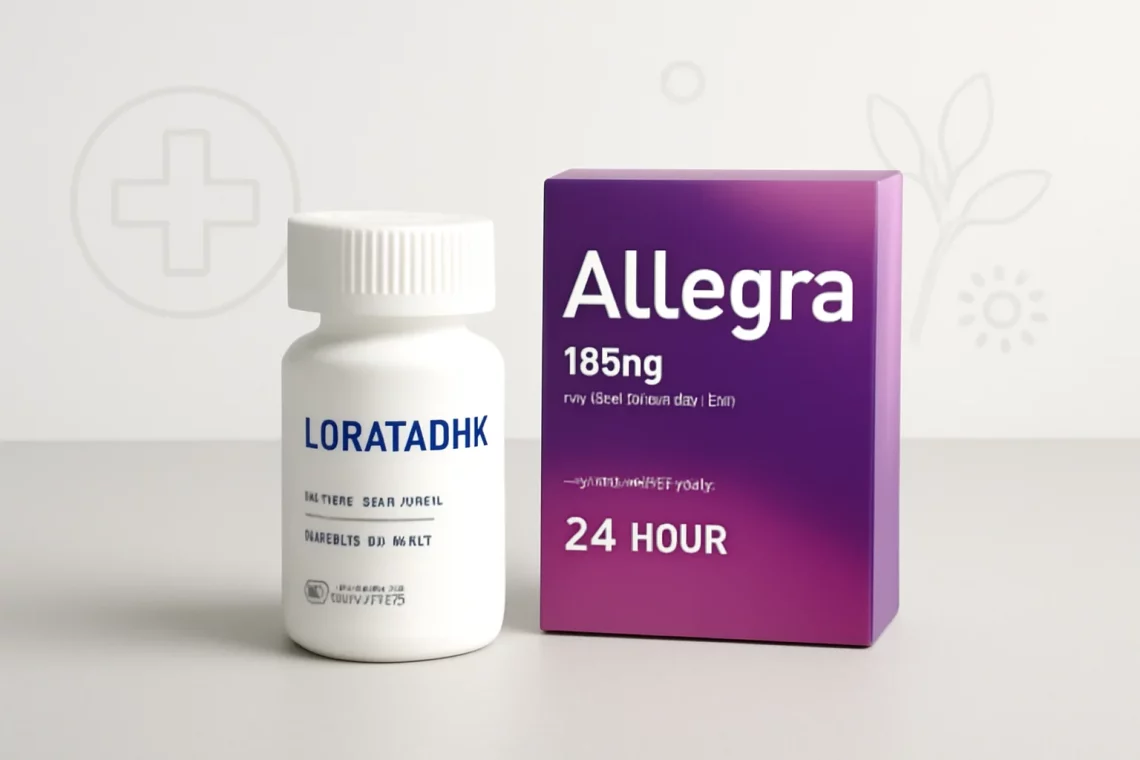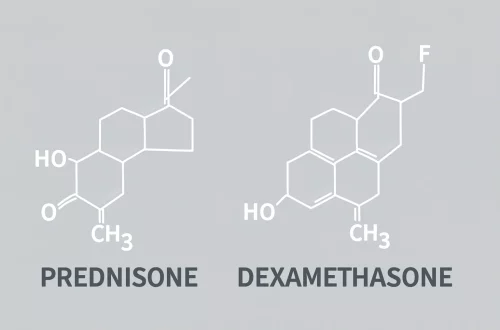-
Hydrocodone vs Oxycodone: Which Pain Reliever Is Right for You?
The use of prescription pain medications has become increasingly common in managing chronic pain and postoperative discomfort. Among the various options available, hydrocodone and oxycodone are two of the most frequently prescribed opioids. Both drugs are designed to provide significant relief from pain, yet they differ in terms of their chemical composition, potency, and potential side effects. Understanding the nuances between hydrocodone and oxycodone is essential for both patients and healthcare professionals. As the opioid crisis continues to affect communities worldwide, responsible prescribing and usage of these medications are more critical than ever. Recognizing when to use one over the other can impact treatment effectiveness and the overall well-being of…
-
Viagra vs Levitra: Which Erectile Dysfunction Treatment is Right for You?
Erectile dysfunction (ED) is a common condition that affects millions of men around the world. It can be caused by a variety of factors, including psychological issues, medical conditions, and lifestyle choices. As awareness of ED has increased, so has the demand for effective treatments. Among the most well-known medications for ED are Viagra and Levitra. Both of these drugs have been designed to improve erectile function, but they work in slightly different ways and may have varying effects on different individuals. With the rise of online pharmacies and widespread access to information, many men are seeking to understand the differences between these two medications. Questions about effectiveness, side effects,…
-
Amoxicillin vs Augmentin: Key Differences and Uses Explained
Amoxicillin and Augmentin are both widely used antibiotics, each playing a significant role in treating bacterial infections. Understanding their differences, similarities, and appropriate uses is essential for anyone considering these medications. Amoxicillin is a penicillin-type antibiotic that works by inhibiting the growth of bacteria, making it effective against a variety of infections, including those affecting the respiratory tract, urinary tract, and skin. On the other hand, Augmentin combines amoxicillin with clavulanate potassium, a beta-lactamase inhibitor. This combination enhances its efficacy against bacteria that produce enzymes capable of breaking down amoxicillin, making Augmentin a stronger option in certain clinical scenarios. Both medications have been in common use for many years, and…
-
Esomeprazole vs Omeprazole: Which is Right for You?
Esomeprazole and omeprazole are both medications that belong to a class known as proton pump inhibitors (PPIs). These drugs are primarily used to treat conditions related to excessive stomach acid, such as gastroesophageal reflux disease (GERD), peptic ulcers, and Zollinger-Ellison syndrome. With the increasing prevalence of acid-related disorders, the importance of understanding these medications has grown significantly. Esomeprazole, often marketed under the brand name Nexium, is a specific isomer of omeprazole, which means that it has a slightly different chemical structure and may offer distinct pharmacological properties. Both medications work by blocking the proton pump in the stomach lining, effectively reducing the production of gastric acid. As a result, they…
-
Metoprolol vs Nadolol: Key Differences and Uses Explained
Metoprolol and Nadolol are two common medications belonging to the class of beta-blockers, which are widely used in the management of various cardiovascular conditions. These medications help in lowering blood pressure, reducing heart rate, and alleviating symptoms associated with heart-related ailments. Beta-blockers work by blocking the effects of adrenaline on beta-adrenergic receptors, thus decreasing the heart’s workload and improving overall cardiac efficiency. The choice between Metoprolol and Nadolol often depends on the specific health needs of the patient, the presence of other medical conditions, and how well they respond to treatment. While both medications serve similar purposes, their pharmacokinetics, side effects, and specific indications can vary significantly. Understanding these differences…
-
Loratadine vs Allegra: Which Allergy Medication Is Right for You?
Allergies can be a significant source of discomfort, affecting millions of people worldwide. The symptoms can range from mild annoyances, like sneezing and a runny nose, to more severe reactions that can disrupt daily life. As a result, many individuals seek relief through over-the-counter antihistamines. Among the most popular options are Loratadine and Allegra, both of which are known to help alleviate allergy symptoms. Understanding the differences and similarities between these two medications can empower consumers to make informed decisions about their health. Both Loratadine and Allegra are classified as second-generation antihistamines, which means they are designed to minimize drowsiness while effectively blocking histamine receptors. While both medications serve a…
-
Lisinopril vs Captopril: Which ACE Inhibitor Is Right for You?
Lisinopril and captopril are two widely used medications for managing hypertension and heart failure. Both belong to a class of drugs known as angiotensin-converting enzyme (ACE) inhibitors, which play a crucial role in regulating blood pressure and fluid balance in the body. While they share some similarities in mechanism and purpose, there are significant differences in their pharmacokinetics, side effects, and overall efficacy. Understanding these differences is essential for patients and healthcare providers alike, as the choice between the two can significantly impact treatment outcomes. As we delve deeper into the characteristics of lisinopril and captopril, we will explore their mechanisms of action, common uses, potential side effects, and considerations…
-
Naproxen vs Naprosyn: Understanding Their Differences and Uses
Naproxen and Naprosyn are two terms that often come up in discussions about pain management and anti-inflammatory treatments. Both of these names refer to a medication that is widely used for its analgesic and anti-inflammatory properties. As part of the nonsteroidal anti-inflammatory drugs (NSAIDs) category, they play a significant role in alleviating conditions such as arthritis, muscle pain, and other inflammatory disorders. Understanding the distinctions and similarities between Naproxen and Naprosyn can help patients make informed decisions regarding their treatment options. It is essential to delve into the pharmacology, efficacy, and potential side effects of these medications to provide a comprehensive overview. The way these drugs interact within the body,…
-
Doxycycline vs Oracea: Key Differences and Uses Explained
Doxycycline and Oracea are two well-known medications commonly used in the treatment of various bacterial infections and skin conditions. Both belong to the class of antibiotics known as tetracyclines, but they have distinct applications, formulations, and mechanisms of action. Understanding the differences and similarities between these two drugs can help patients and healthcare providers make informed decisions regarding their use. Doxycycline is often prescribed for a wide range of infections, including respiratory tract infections, urinary tract infections, and even certain sexually transmitted infections. Its effectiveness against a broad spectrum of bacteria makes it a versatile option in the antibiotic arsenal. On the other hand, Oracea is a brand name for…
-
Cetirizine vs Loratadine: Which Allergy Medication is Right for You?
In the world of antihistamines, cetirizine and loratadine are two popular choices for individuals seeking relief from allergy symptoms such as sneezing, runny nose, and itchy eyes. Both medications belong to a class of drugs known as second-generation antihistamines, which are designed to alleviate allergic reactions while minimizing drowsiness, a common side effect associated with first-generation antihistamines. As seasonal allergies and allergic reactions become increasingly prevalent, understanding the differences between these two medications can empower consumers to make informed decisions about their health. Cetirizine is known for its effectiveness in treating both indoor and outdoor allergies, while loratadine is often favored for its non-drowsy properties. However, the choice between cetirizine…






































